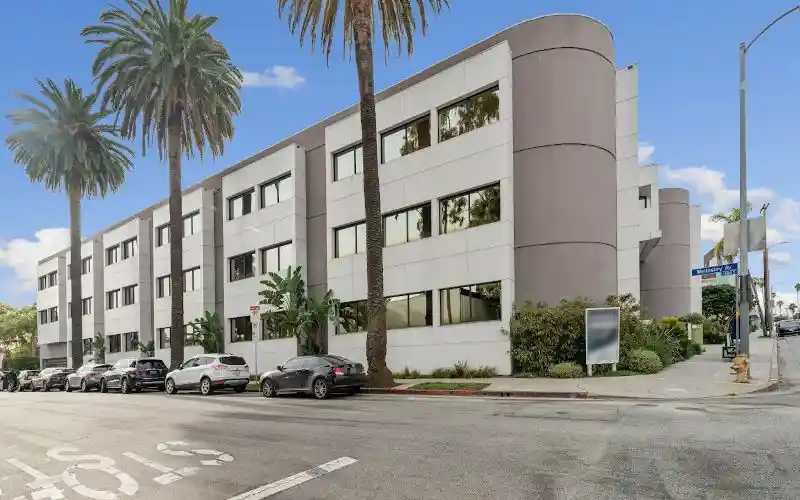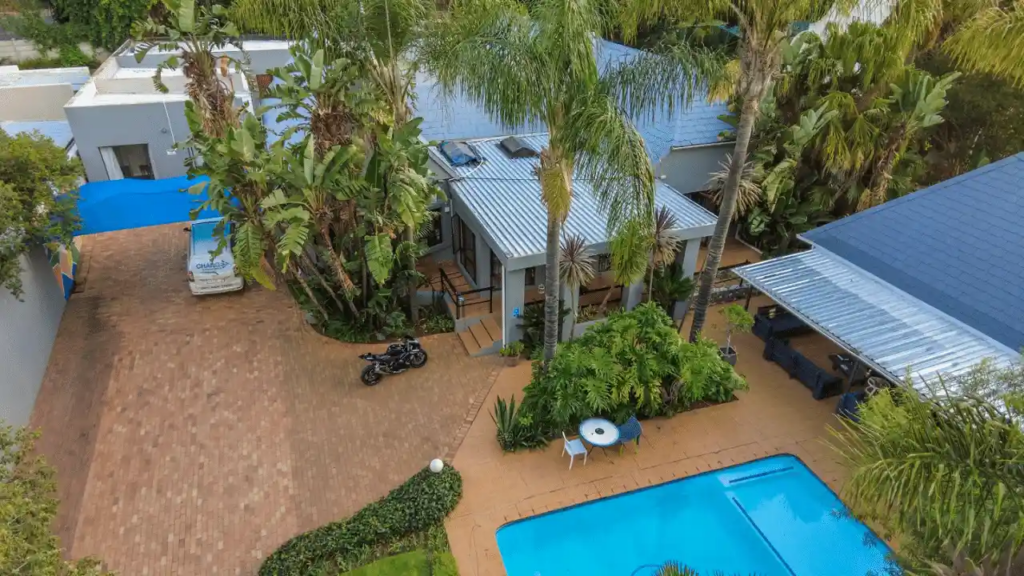




 Cocaine Rehab Centers: A Journey to Recovery
Cocaine Rehab Centers: A Journey to RecoveryCocaine addiction is a complex and challenging condition that affects millions of individuals and their loved ones worldwide. It’s a problem that not only deteriorates one’s physical health but also wreaks havoc on mental well-being, relationships, and professional life. Fortunately, cocaine rehab centers provide a beacon of hope, offering a comprehensive approach to overcoming addiction and paving the way for a healthier, drug-free future.
Cocaine rehab centers are specialized facilities designed to help individuals break free from the chains of addiction. The journey to recovery is not a one-size-fits-all process. It requires a personalized approach, recognizing the unique circumstances and needs of each individual. These centers are equipped with professional staff, including therapists, counselors, and medical professionals, who are trained to address the physical, psychological, and emotional aspects of addiction.
The first step in the rehabilitation process typically involves detoxification. Under medical supervision, this process ensures that cocaine is safely removed from the body. It’s a critical phase, as it addresses the physical dependency on the drug. However, detox is just the beginning. The real challenge lies in tackling the psychological hold that cocaine has on an individual.
Cocaine rehab centers provide a range of therapeutic interventions designed to heal not just the body, but also the mind. These include individual therapy, where clients work one-on-one with a counselor to uncover the root causes of their addiction; group therapy, which builds a supportive community where individuals can share experiences and learn from each other; and family therapy, which aims to repair relationships and establish a strong support system at home.
Behavioral therapies are a cornerstone of the treatment process. Techniques like Cognitive Behavioral Therapy (CBT) help individuals understand the thoughts and patterns that lead to cocaine use and develop healthier coping mechanisms. Meanwhile, other approaches, such as Dialectical Behavior Therapy (DBT), focus on improving emotional regulation and reducing the behaviors that lead to addiction.
However, recovery doesn’t end when the rehab program is over. Cocaine rehab centers emphasize the importance of aftercare to ensure long-term success. Aftercare may involve ongoing therapy, support groups like Narcotics Anonymous, and continued monitoring. The goal is to provide a safety net that helps individuals navigate the challenges of life post-rehab and maintain their sobriety.
The environment of a rehab center is also crucial. These centers are designed to be safe, welcoming spaces that promote healing. From comfortable accommodations to recreational activities, every aspect is geared towards supporting individuals on their journey to recovery. Moreover, confidentiality is of utmost importance, ensuring that clients can focus on their recovery without the worry of stigma or judgment.
There are several types of treatment programs available for cocaine addiction, including inpatient (residential) treatment, outpatient treatment, 12-step programs, and non-12-step programs. Inpatient treatment involves staying at a rehab facility 24/7, receiving round-the-clock care. Outpatient treatment allows individuals to live at home while attending treatment sessions during the day. Both types often include therapy sessions, group meetings, and possibly medication-assisted treatment to manage withdrawal symptoms and cravings.
The duration of cocaine rehab varies depending on the individual’s specific needs, the severity of their addiction, and the type of program they are enrolled in. Generally, programs can range from 30 days to 90 days, but some individuals may require longer-term treatment options that last for several months or even a year. The right length of treatment will be determined based on a thorough assessment by addiction specialists.
Cocaine detox is the initial phase of rehab where the body is cleared of drugs. During cocaine detox, individuals may experience withdrawal symptoms such as fatigue, increased appetite, depression, agitation, restless behavior, and vivid and unpleasant dreams. Medical supervision is often provided during detox to manage these symptoms safely and reduce the risk of relapse.
Yes, many rehabilitation programs provide integrated treatment for individuals with co-occurring disorders (also known as dual diagnosis), which means they treat both the substance use disorder and any underlying mental health conditions simultaneously. This approach is crucial for addressing the root causes of addiction and improving overall treatment outcomes.
Maintaining sobriety after rehab involves ongoing commitment and effort. Most programs offer aftercare planning, which includes continued therapy sessions, support group meetings (like Narcotics Anonymous or Cocaine Anonymous), and sometimes sober living arrangements. Developing a strong support network, practicing the coping skills learned during rehab, and engaging in healthy lifestyle changes are key strategies for sustaining long-term sobriety.